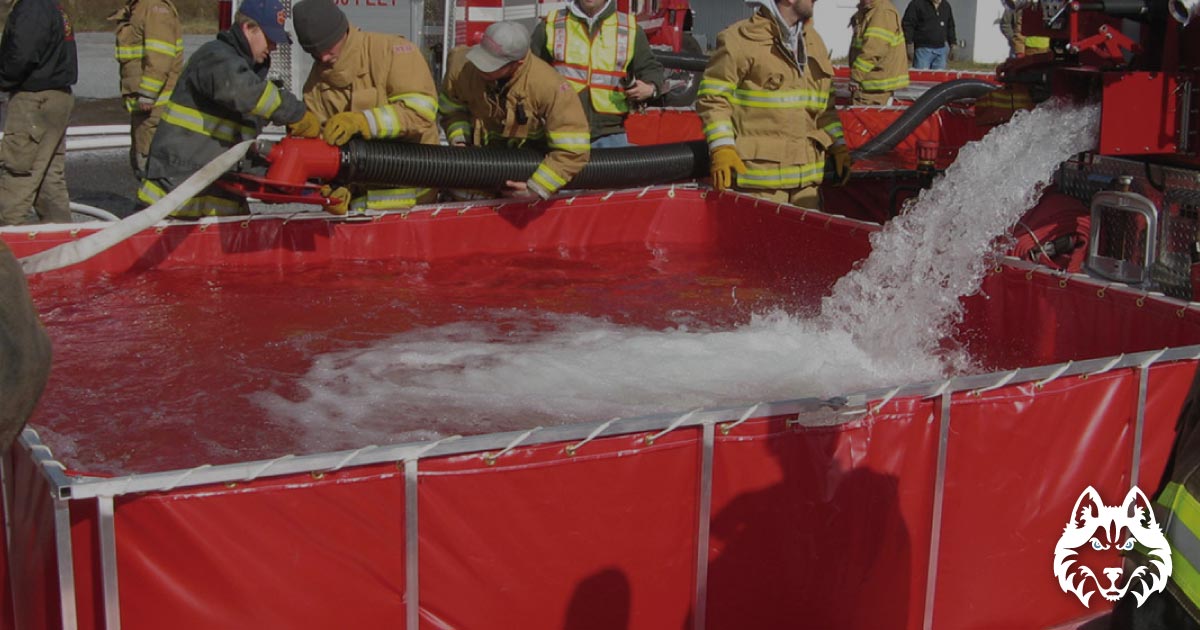Quote:
How big a fire can you put out with 2-3 decent fire extinguishers and whatever you can get from a bathroom or kitchen?
A LOT!
The little 2.5lb Kiddie extinguishers you buy at WalMart will easily handle your average kitchen fire even as it's starting to spread.
Personally, I'd step up a few bucks and the get the 5lb Amerex Class ABC extinguishers you see in your offices and commercial spaces. They're refillable for a nominal fee.
I'd say to put a 5lb ABC unit in the kitchen, utility room, & wherever your water heater is. Wouldn't hurt to have some 2.5lb ABC's in bathrooms (under the vanity or in a linen closet). I'd also vote for a 10lb unit in the garage.
Outdoors I'd buy a 2.5 gallon water can. A squirt of dawn, 2.5 gallons of water, and you pressurize it with your air compressor. No lie, fun for the whole family and costs you nothing to train with. These are worth their weight in gold. SInce you can refill them at home there should NEVER be hesitation to train with it or use it. Also, unlike ABC dry chemical extinguishers, the water is far superior for light weight fuels such as grass. I've seen dry chems spread a small grass fire (ended up being just over 200 acres) caused by someone welding on a gate. They move so much air propelling the extinguishing agent they can blow light fuels around and spread embers.
More than you want to know about extinguisher ratings...
Class A -- Wood paper (think anything that produces ash)
Class B -- Liquid fuels
Class C -- Electricity and energized equipment
Class D -- Metals (magnesium, lithium, etc) these are usually dry powders and are applied with a scoop. They can also be metal specific.
Class K -- Kitchen oils, bunch of really cool chemistry with these as they chemically react with the oil/grease via saponification.
You'll see some ratings such as 3A40BC. This gives you an idea of it's capability in the hands of an unskilled operator. Each "A" is the equivalency to 1.5 gallons of water. Each "B" is the number of square feet the unit can be expected to cover in a liquids fire. C does not get a numerical value as it's just an indication that the agent used is non-conductive.
Amerex Fire Extinguishers -- Amazon (most prime eligible)Begin your Nerd Out on Portable Fire extinguishers here




